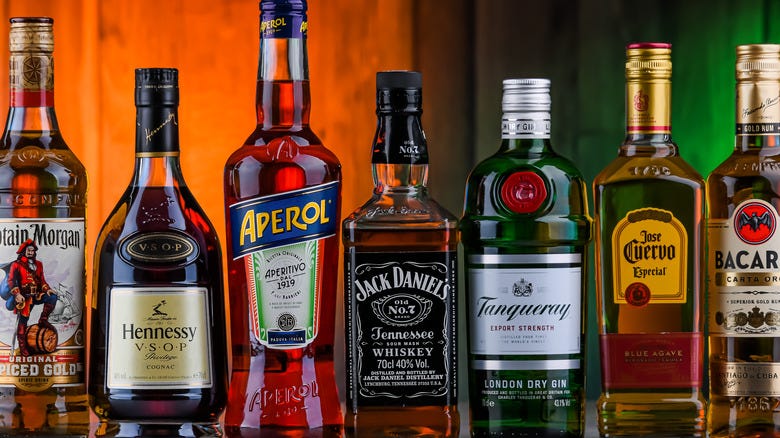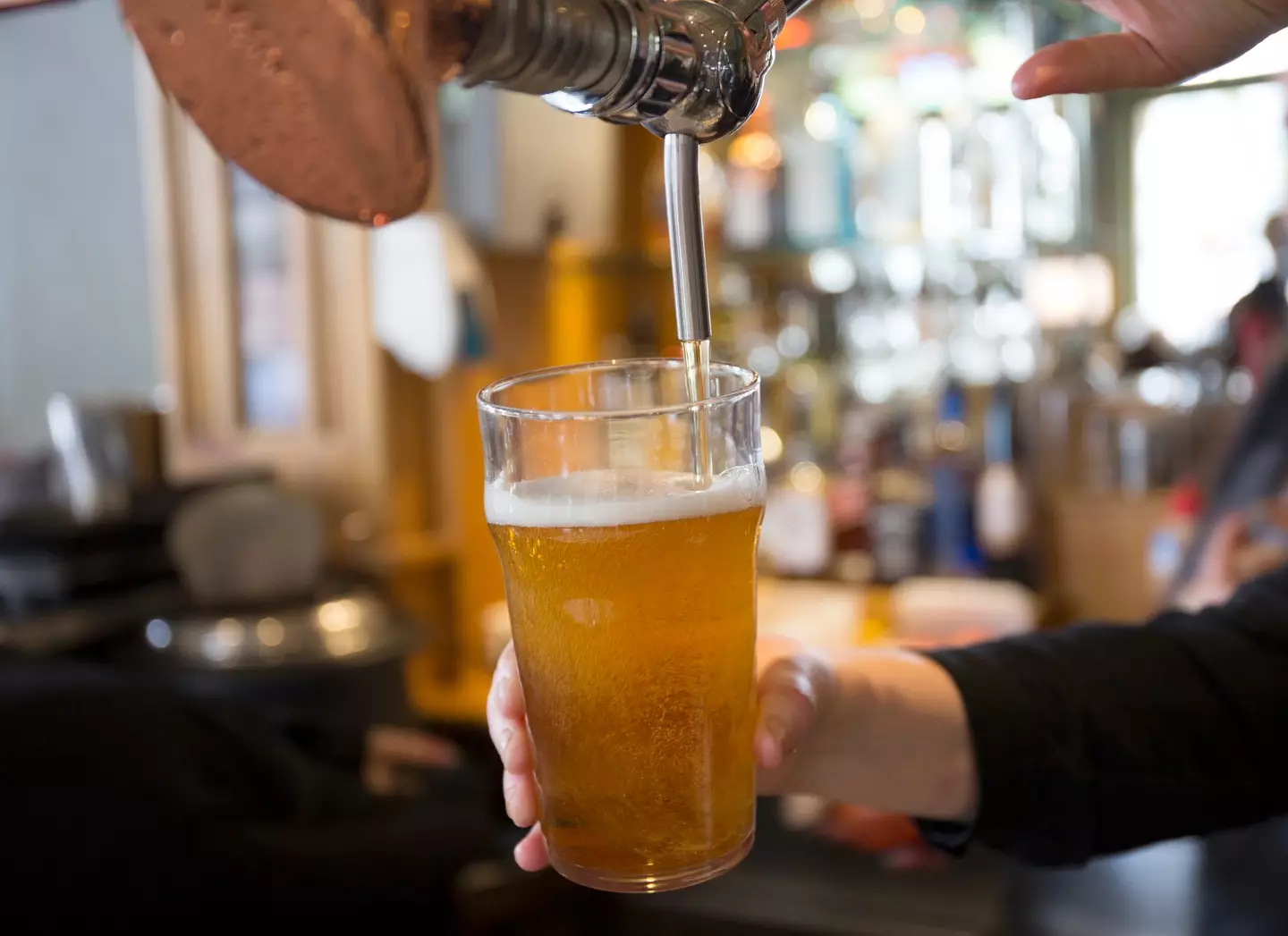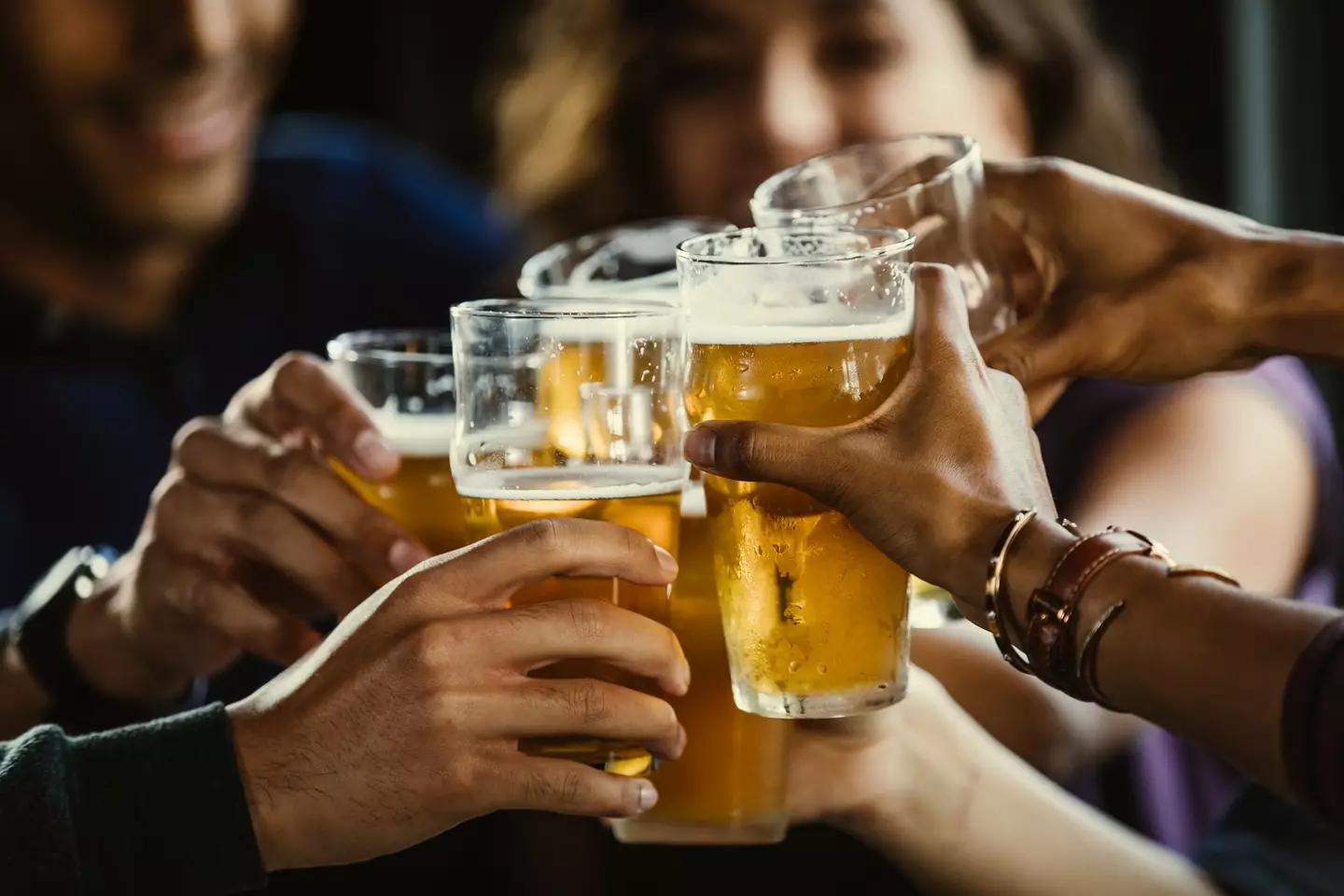
One of the biggest alcohol companies is set to cut the strength of their beers, following the trend of many of its competitors.
A large number of booze companies have made the move to reduce their Alcohol By Volume (ABV) in desperate cost-cutting measures across the UK.
All the beers you can get at Clarkson’s new pub
Credit: Instagram/@Hawkstone
0 seconds of 33 secondsVolume 90%
The likes of Hophead have slashed their strength from 3.8 percent to 3.4 percent, while Molson Coors has dropped its Grolsch beers ABV from 4 percent to 3.4 percent. This is as well as Carlsberg’s Danish Pilsner, which has been reduced from 3.8 to 3.4 percent.
Now, it looks like Heineken are set to follow suit, as beer companies have turned their focus to saving as much money as possible following the new measures put in place by the government.
They have followed up the move of reducing the ABV of its top-selling ale, John Smith’s Extra Smooth from 3.6 percent ABV to 3.4 percent, by dropping the alcohol level of its SOL brand drinks from 4.2 percent to 3.4 percent.
A massive drop-off compared to John Smith’s, the company revealed that the move will be in effect from 25 February. However, they also added that its wholesale price would decrease as a result.
But in more bad news for Heineken lovers, from 1 February, their draught beer in pubs will see their prices increased by an average of 2.97 percent.

The strength of your favourite beers might be slashed soon (Getty Stock Photo)
Ultimately though, it will be up to the pubs and bars to decide if they will charge customers more for these drinks, as they will have to manage the costs on their own.
Overall, Heineken will be upping the prices of their wholesale packaged products by an average of 2.5 percent across the board. This means that the likes of Amstel and Desperados could see a price hike soon.
Since August 2023, drinks have been taxed by alcoholic strength following the introduction of a new alcohol duty, meaning that drinks are now taxed according to strength instead of type.
Drinks with an ABV of 3.5 percent or more are not taxed more than drinks below this figure.
Companies have reacted to this by slashing the ABV of their booze to 3.4 percent to avoid the duty, while keeping prices the same.

Heineken, like many other booze companies, are increasing the prices of their booze (Getty Stock Photo)
Following their many changes, such as increasing the costs of their kegs by 1.73 percent in 2024, the company said it had made ‘considerable efforts’ to ‘deliver cost savings and drive efficiencies’ across 2024.
A Heineken spokesperson said via The Sun: “As ever, we continue to make considerable effort across the business to deliver cost savings and drive efficiencies to keep price increases to a minimum, and reduce the impact of inflation on our customers.”
More changes are inbound though, as a change will be coming to the Extended Producer Responsibility (EPR), which will add the estimated environmental costs of a product during its life cycle, to its price.
Later this year, the Packaging Recovery Notes (PRN) is rising from 37 percent to 100 percent.
The PRN is a document proving that packaging materials have been recycled or recovered, forcing brewers to produce packaging goods that would be responsible for 100 percent of these fees.